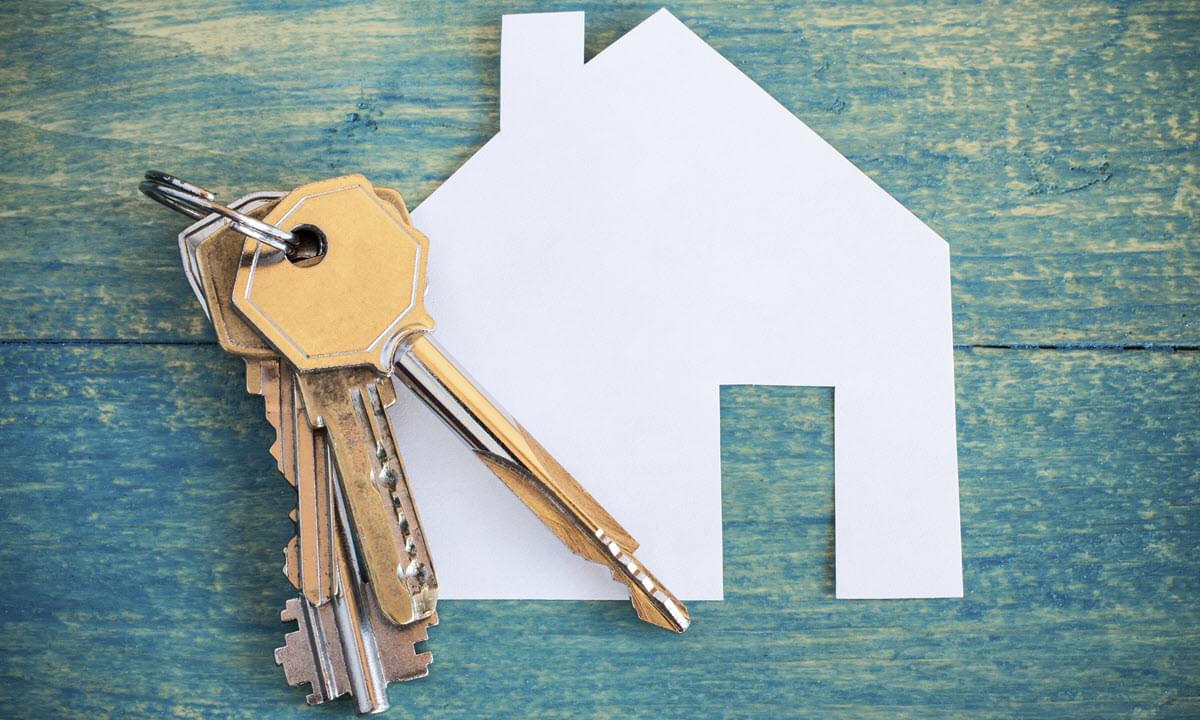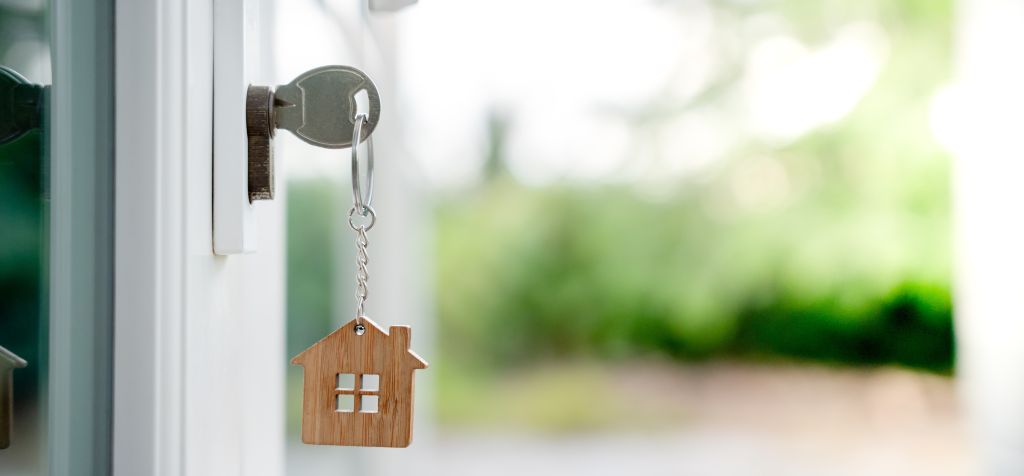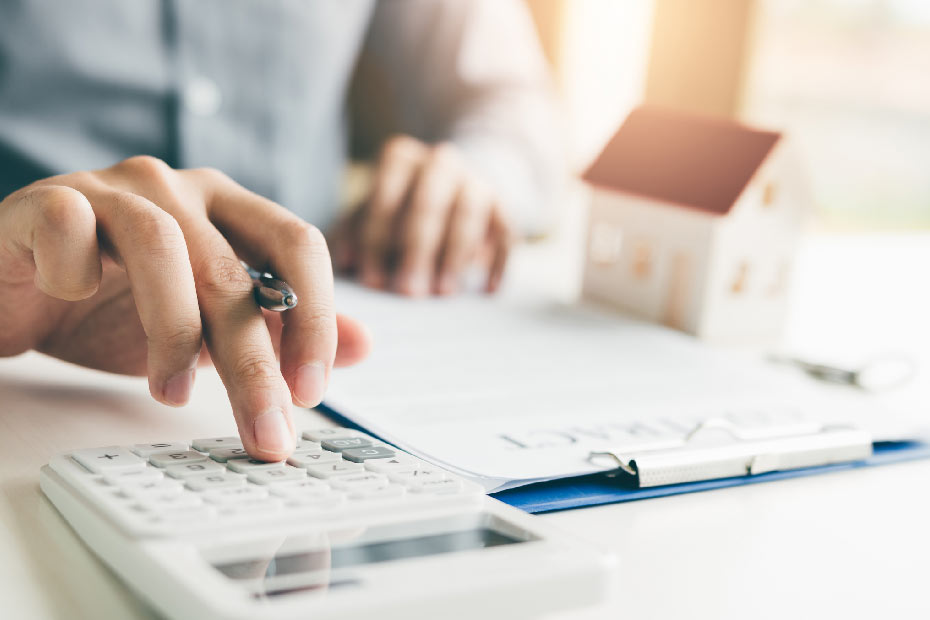Published June 5, 2023 • 3 Min Read
Eric Li started looking into buying a home after learning the City of Toronto is running out of room to build new detached houses. “Detached homes will become a luxury in the future,” says the 26 year old business system analyst. “If I don’t buy a home now, before prices rise even further, I will never be able to afford it in the future.”
Whatever your motivation is for buying a home, here are four questions to see if you are financially ready :
1. What shape are your finances in?
Your finances need to be in good shape to qualify for a mortgage and a good rate. Lenders will look at your credit reports to see what kind of a credit risk you may be. If your credit history isn’t the best, now is the time to work on your credit scores. Even if your credit limit is high, keep your debt levels low and remember to pay on time. Always.
Next, think about the down payment. It takes a while to build up savings, so start tracking your spending and make a monthly plan to save towards a down payment.
2. How much will a home cost?
Most first time buyers are surprised at the hidden costs that go into buying a home. Beyond mortgage, down payment and closing costs, there are monthly insurance fees if your down payment is less than 20 percent of the value of the home. Other fees include setting up utilities, homeowner insurance, maintenance fees, and property taxes. Collectively they can add a lot more to what you originally expected to pay monthly. It’s no longer as simple as paying a fixed fee each month like when you were renting.
3. What are your long-term plans?
Are there children in your future? Will there be one or two streams of income? Will you or your partner be going back to school? You need to ask these questions to create a long term plan. This exercise can influence your budget, the size of home, and the best mortgage given your situation.
4. How will you deal with road bumps?
The surest way to learn if you can afford a home is to test drive your monthly payments.
The affordability guide lenders use suggests your housing costs be no more than 32 percent of your pre-tax household income, and the total of your housing costs plus all other debt servicing must be no more than 40 percent of your gross income. Start by paying the full amount of your estimated monthly mortgage to your savings account and see what happens. Are you struggling? Going into debt? Do you have enough left to maintain your preferred lifestyle?
Knowing how well you handle a dramatic change in finances before you purchase can help determine the size of the mortgage you’re most comfortable with, help you prioritize overall spending and ease the adjustment period.
An RBC Mortgage Specialist is always available to offer advice and answer your questions as you start the homebuying journey.
This article is intended as general information only and is not to be relied upon as constituting legal, financial or other professional advice. A professional advisor should be consulted regarding your specific situation. Information presented is believed to be factual and up-to-date but we do not guarantee its accuracy and it should not be regarded as a complete analysis of the subjects discussed. All expressions of opinion reflect the judgment of the authors as of the date of publication and are subject to change. No endorsement of any third parties or their advice, opinions, information, products or services is expressly given or implied by Royal Bank of Canada or any of its affiliates.
Share This Article






